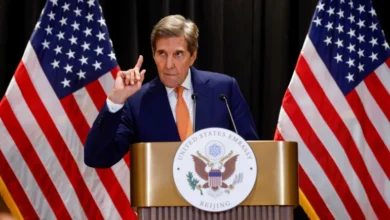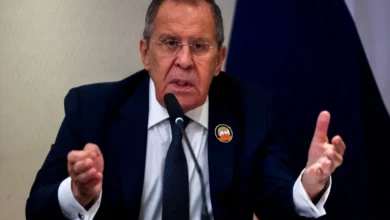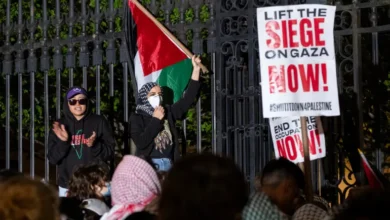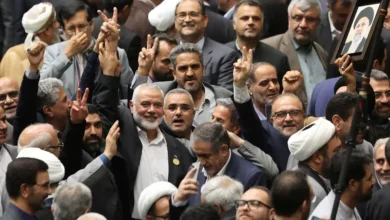The Uncertain Fate of Syrian-Turkish Military Agreements
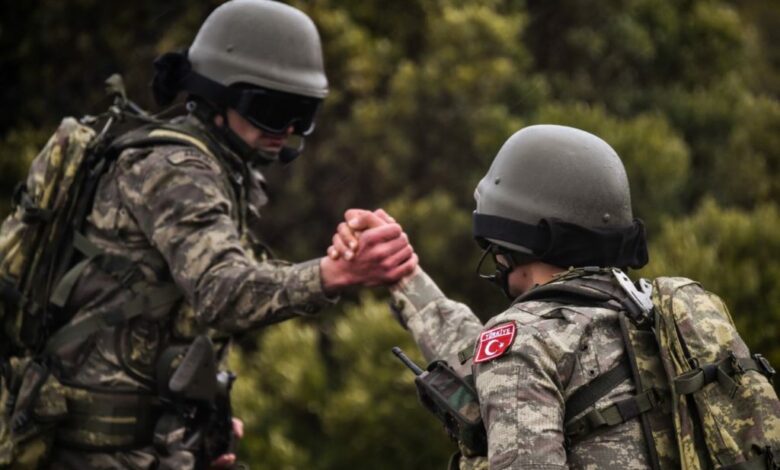
Media sources, reports, and activists on social media have been discussing military and security agreements, including joint defense pacts and other undisclosed arrangements between Damascus and Ankara.
According to reports, the new Syrian regime is seriously considering transferring control of the Russian-operated Hmeimim Air Base to Turkey, effectively handing over the most significant military facility that was under Russian command during the previous regime. Additionally, plans are reportedly in place to establish two more military bases, one of which, according to sources, will be located in Daraa, the southern Syrian city that was the birthplace of the Syrian revolution.
As part of these plans, the new Turkish bases are expected to adopt NATO standards, with Ankara supplying them primarily with American-made weapons, in addition to European arms used by the Turkish Armed Forces. Notably, the Turkish military is the largest manpower force within NATO.
The plan also includes the transfer of dozens of American-made F-16 fighter jets, along with hundreds of Bayraktar drones. Analysts suggest that this move will pose a major challenge for both Turkey and the new Syrian administration, as these aircraft require extensive maintenance and specialized training for effective operation. This presents a significant obstacle for Syrian personnel, who have spent the past 60 years operating Russian and, before that, Soviet weaponry—making this new military technology unfamiliar and difficult to integrate. Moreover, the transition would place a heavy burden on Turkey, which would require many years to train Syrian experts in handling these advanced Western military systems.
From a political standpoint, the most pressing concern is the potential security threat to neighboring countries and the Gulf states, which have long resisted Iranian influence and the spread of the Islamic Revolution’s ideology—an expansionist movement that has brought destruction and instability to the region. However, Turkey now appears to be stepping in with its own Ottoman-inspired expansionist ambitions, which, despite being framed differently, may share similar objectives with Iran.
Undoubtedly, Turkey’s military and security presence on Syrian soil will destabilize the region, undermine Syria’s sovereignty, and threaten the independence that the Syrian people have fought for over the past 14 years.

